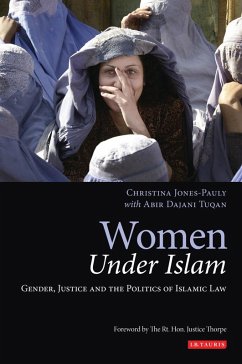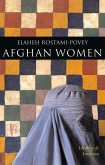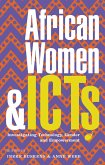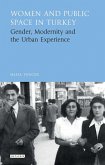How Islam treats women is one of the most hotly contested questions of our times. Islamic law is often misrepresented as a single monolithic concept, rather than a collection of different interpretations and practices. To move the debate on Islamic law and gender forward, it is necessary to establish how Islamic law actually operates. This groundbreaking work explores what conditions sustain the most liberal interpretation of Islamic law on gender issues. It examines the different interpretations, histories and practices of Islamic law in different countries. It finds that the political independence of judicial institutions is a far more important factor than the relative conservativism of the society. This wide-ranging book will provide new insights not only for those studying law and gender, but for anyone with an interest in Islamic societies.
Bitte wählen Sie Ihr Anliegen aus.
Rechnungen
Retourenschein anfordern
Bestellstatus
Storno









